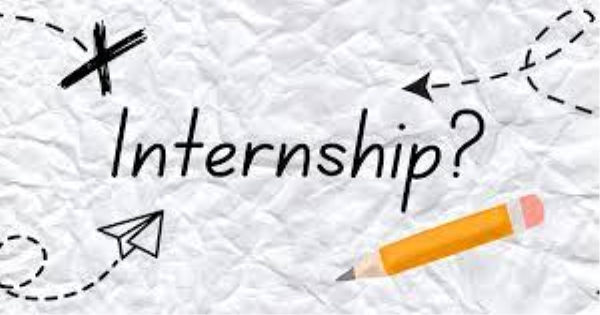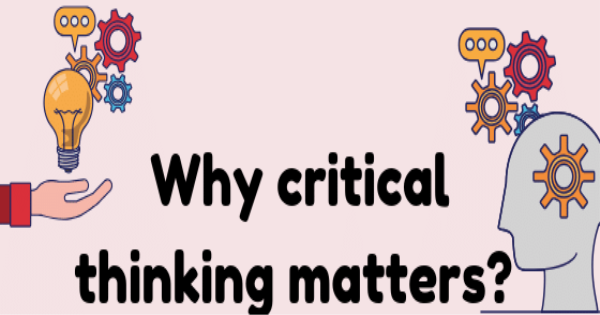In today’s fast-paced job market, technical expertise alone is not enough to ensure career success. Employers seek professionals who possess strong soft skills, such as communication, teamwork, and problem-solving, to thrive in dynamic work environments. This article explores these essential soft skills, their significance, and how individuals can develop them for a successful career.

What Are Soft Skills?
Soft skills are non-technical attributes that influence how individuals interact, collaborate, and solve problems in the workplace. Unlike hard skills, which are job-specific, soft skills are transferable across various industries and roles.
Importance of Soft Skills
-
Improve workplace relationships
-
Enhance teamwork and collaboration
-
Increase adaptability and problem-solving abilities
-
Boost leadership potential
-
Improve career growth opportunities
Communication Skills
Definition
Communication skills refer to the ability to convey information clearly, listen actively, and engage effectively with others.
Types of Communication Skills
| Type | Description |
|---|---|
| Verbal | Spoken words and tone |
| Non-Verbal | Body language, gestures |
| Written | Emails, reports, documentation |
| Active Listening | Understanding and responding appropriately |
Benefits of Strong Communication Skills
-
Clear and effective exchange of ideas
-
Enhanced professional relationships
-
Increased confidence in workplace interactions
-
Reduced misunderstandings and conflicts
How to Improve Communication Skills
-
Practice active listening
-
Maintain eye contact and positive body language
-
Improve public speaking skills
-
Seek feedback and adjust communication style accordingly
Teamwork Skills
Definition
Teamwork involves working collaboratively with others to achieve a common goal while maintaining respect and cooperation.
Key Aspects of Teamwork
| Aspect | Description |
| Collaboration | Working together towards shared goals |
| Conflict Resolution | Managing disagreements effectively |
| Adaptability | Adjusting to team dynamics and roles |
| Reliability | Fulfilling responsibilities and commitments |
Benefits of Teamwork
-
Strengthens workplace relationships
-
Enhances productivity and efficiency
-
Encourages diverse perspectives and creativity
-
Builds a supportive work environment
How to Improve Teamwork Skills
-
Develop trust and mutual respect among colleagues
-
Communicate openly and honestly
-
Be open to feedback and constructive criticism
-
Contribute proactively to team projects
Problem-Solving Skills
Definition
Problem-solving is the ability to analyze issues, identify possible solutions, and implement the best course of action.
Key Steps in Problem-Solving
| Step | Description |
| Identify the Problem | Recognizing and defining the issue |
| Analyze the Situation | Understanding root causes and context |
| Generate Solutions | Brainstorming potential solutions |
| Evaluate Options | Weighing the pros and cons of each solution |
| Implement the Solution | Taking action to resolve the issue |
| Monitor & Adjust | Assessing effectiveness and making adjustments if needed |
Benefits of Strong Problem-Solving Skills
-
Increases efficiency in handling challenges
-
Enhances decision-making abilities
-
Boosts confidence in tackling complex issues
-
Encourages innovative thinking
How to Improve Problem-Solving Skills
-
Stay calm and approach problems logically
-
Gather relevant information and analyze different perspectives
-
Break down complex issues into manageable parts
-
Continuously learn from past challenges and experiences
Conclusion
Soft skills like communication, teamwork, and problem-solving are essential for career success. They enhance workplace efficiency, improve relationships, and create opportunities for growth. By continuously developing these skills, professionals can position themselves as valuable assets in any organization.
Key Takeaways
-
Communication skills improve workplace interactions and reduce misunderstandings.
-
Teamwork skills foster collaboration and productivity.
-
Problem-solving skills enhance critical thinking and decision-making abilities.
-
Regular practice, feedback, and self-improvement strategies can strengthen these skills.
Developing these essential soft skills will not only benefit your career but also contribute to overall professional and personal growth.
Related Articles
-
 Ilmkidunya 05/Aug/2025
Ilmkidunya 05/Aug/2025How to Choose the Right Career Path as a Student
-
 Ilmkidunya 01/Aug/2025
Ilmkidunya 01/Aug/2025Trusted Education Consultants in Pakistan – Students Club
-
 Ilmkidunya 01/Aug/2025
Ilmkidunya 01/Aug/2025How Entry Test Patterns Are Changing in 2025
-
 Ilmkidunya 01/Aug/2025
Ilmkidunya 01/Aug/2025How to Prepare for University Admissions in 2025
-
 Ilmkidunya 27/Jul/2025
Ilmkidunya 27/Jul/2025Study vs. Skill: What Really Gets You Hired in 2025
-
 Ilmkidunya 27/Jul/2025
Ilmkidunya 27/Jul/2025Top 5 Career Options After FSC (Pre-Medical) in 2025
-
 Ilmkidunya 17/Jul/2025
Ilmkidunya 17/Jul/20255 Jobs for Computer Science & IT Students That Do Not Need Programming
-
 ilmkidunya 11/Jul/2025
ilmkidunya 11/Jul/2025Understanding Aptitude and Its Role in Career Planning
-
 Ilmkidunya 08/Jul/2025
Ilmkidunya 08/Jul/2025Top 10 Universities in Lahore – 2025 Guide
-
 Ilmkidunya 01/Jul/2025
Ilmkidunya 01/Jul/2025The Future of Artificial Intelligence in the Job Market
-
 Ilmkidunya 30/Jun/2025
Ilmkidunya 30/Jun/2025How to Set and Achieve SMART Goals
-
 Ilmkidunya 23/Jun/2025
Ilmkidunya 23/Jun/2025Top 10 Engineering Degrees With The Highest Demand in 2025
-
 Ilmkidunya 13/Jun/2025
Ilmkidunya 13/Jun/2025How Internships Help Shape Career Goals
-
 Ilmkidunya 13/Jun/2025
Ilmkidunya 13/Jun/2025Why Critical Thinking Matters Today More Than Ever
-
 ilmkidunya 21/May/2025
ilmkidunya 21/May/2025Top Tips for Building a Strong Academic CV in 2025 – Even with No Experience
-
 Ilmkidunya 14/May/2025
Ilmkidunya 14/May/2025How Languages Shape the Way We Think
-
 Ilmkidunya 13/May/2025
Ilmkidunya 13/May/2025From Idea to Invention: How Students Can Be Innovators
-
 Ilmkidunya 12/May/2025
Ilmkidunya 12/May/2025How to Learn Anything Faster: Techniques Backed by Science
-
 Ilmkidunya 06/May/2025
Ilmkidunya 06/May/2025Top Programming Languages to Learn in 2025
-
 ilmkidunya 28/Apr/2025
ilmkidunya 28/Apr/2025Best Short Courses Students Can Take After Matric and Intermediate

.gif)









.png)


Share Your Comments Questions Here